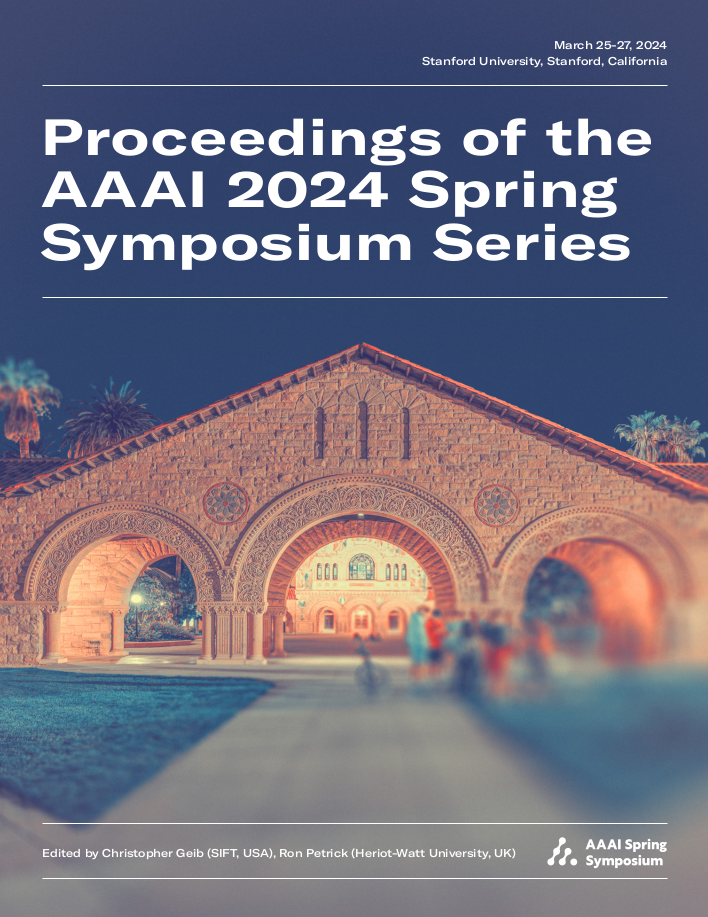Building Communication Efficient Asynchronous Peer-to-Peer Federated LLMs with Blockchain
DOI:
https://doi.org/10.1609/aaaiss.v3i1.31212Keywords:
Federated Learning, LLM, Anomaly Detection, Synchronous Blockchain, Distributed Federated LearningAbstract
Large language models (LLM) have gathered attention with the advent of ChatGPT. However, developing personalized LLM models faces challenges in real-world applications due to data scarcity and privacy concerns. Federated learning addresses these issues, providing collaborative training while preserving the client’s data. Although it has made significant progress, federated learning still faces ongoing challenges, such as communication efficiency, heterogeneous data, and privacy-preserving methods. This paper presents a novel, fully decentralized federated learning framework for LLMs to address these challenges. We utilize different blockchain-federated LLM (BC-FL) algorithms, effectively balancing the trade-off between latency and accuracy in a decentralized-federated learning environment. Additionally, we address the challenge of communication overhead in peer-to-peer networks by optimizing the path for weight transfer and mitigating node anomalies. We conducted experiments to evaluate memory usage and latency in server and serverless environments. Our results demonstrate a decrease in latency by 5X and a 13% increase in accuracy for serverless cases. Comparisons between synchronous and asynchronous scenarios revealed a 76% reduction in information passing time for the latter. The PageRank method is most efficient in eliminating anomalous nodes for better performance of the global federated LLM model. The code is available on GitHub (https://github.com/Sreebhargavibalijaa/Federated_finetuning_LLM-s_p2p_environment)Downloads
Published
2024-05-20
Issue
Section
Federated Learning on the Edge

